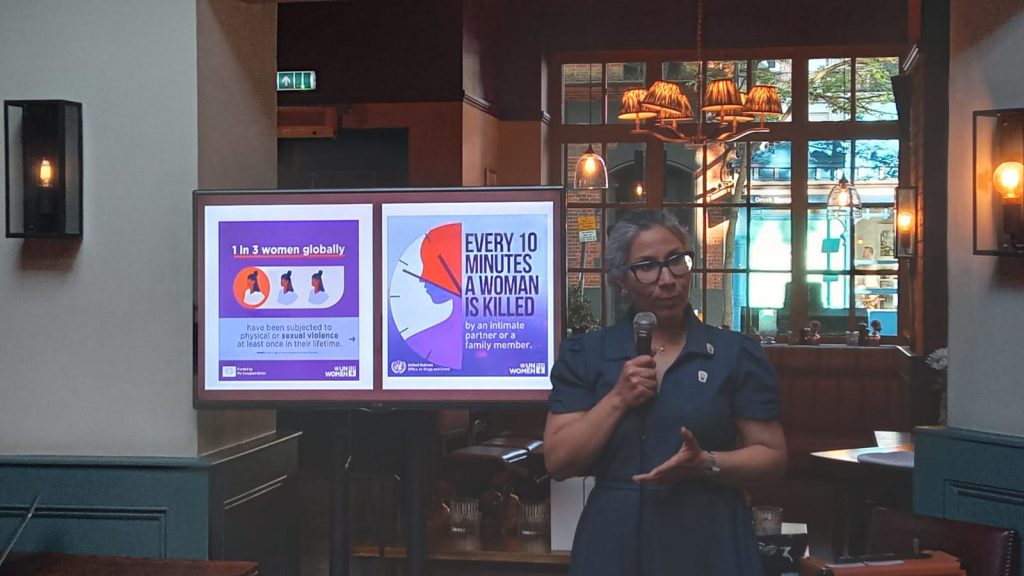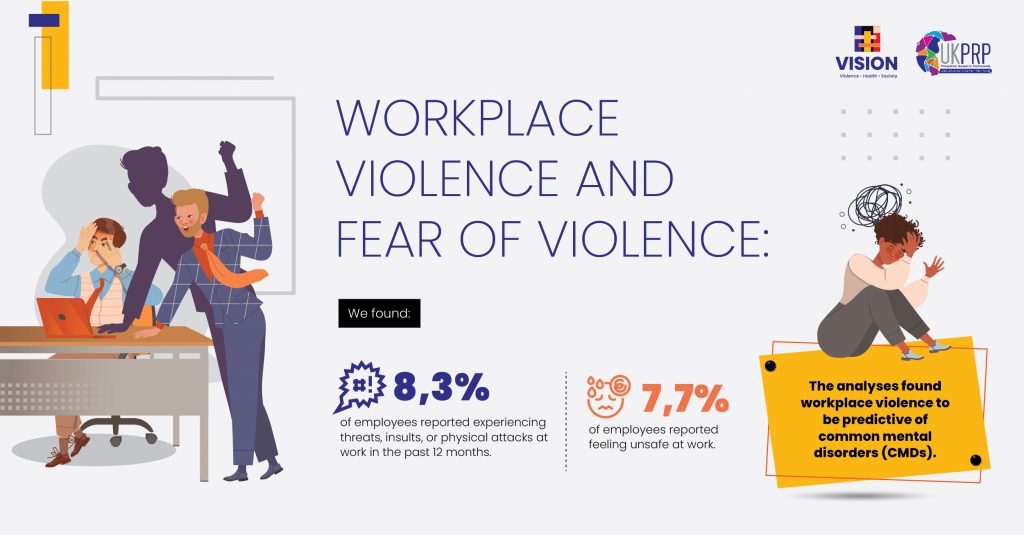Despite increased research on issues related to aging and older age, abuse of older adults (defined as 60 or over in this study) is a neglected area of academic study. Most of the available evidence is currently found within the elder abuse field; although there is no agreed definition of elder abuse, most incorporate abuse by perpetrators outside of the family (such as carers, people in positions of trust and in some cases strangers) meaning evidence on intimate partner and family member perpetrators is subsumed within these studies. Most studies on domestic abuse have paid limited attention to older age, and in many cases restrict the focus to intimate partner violence among young adults.
PhD student, Merili Pullerits at the Violence and Society Centre at City St George’s University of London, collaborated with colleagues Hannah Bows (Durham University), who led the study, and Natalie Quinn-Walker (University of Wolverhampton), to examine the existing, published research on the demographic and health characteristics, and the offending behaviours and histories of perpetrators of domestic violence and abuse against adults aged 60 and over.
Using a systematic methodology, searches were conducted in five databases: MEDLINE Complete, APA PsychInfo, CINAHL Complete, SociINDEX with Full Text, Criminal Justice Abstracts with Full Text, and Web of Science (Core Collection), resulting in 75 papers being included in the review.
Their rapid review found that much of the available evidence comes from the elder abuse field, with only a fifth of the included studies taking a specific domestic abuse perspective. Because elder abuse studies often group together all abuse types across varied relationship contexts, such studies make becomes difficult to extract findings on domestic abuse, potentially hiding important differences. Additionally, the review found that non-intimate partners, that is (adult) children or other family members, tend to be the most frequently reported perpetrator group, although this varied according to the design and methodology of the studies. Most perpetrators tend to be male, and, where information is available, poor health, and drug and alcohol problems are often reported.
The research team concluded that more evidence is required on perpetrators of domestic violence and abuse using a broader range of data sources and research methods.
Recommendation
Evidence on those that use domestic violence and abuse on older people should be situated within the conceptual lens of domestic abuse. Policy and practice should urgently review whether existing risk assessment tools and perpetrator programmes are suitable given that a substantial proportion of domestic abuse against older adults is perpetrated by younger sons, daughters or other family members.
To download: Perpetrators of domestic abuse against older adults – a rapid evidence assessment
To cite: Hannah Bows, Merili Pullerits, Natalie Quinn-Walker, Perpetrators of domestic abuse against older adults – a rapid evidence assessment, Aggression and Violent Behavior, Volume 82, 2025, 102056, ISSN 1359-1789, https://doi.org/10.1016/j.avb.2025.102056.
For further information, please contact Hannah at hannah.bows@durham.ac.uk
Funding: This study was funded by a Home Office (Domestic Abuse Perpetrators) grant.
Photograph licensed under Adobe Stock subscription

